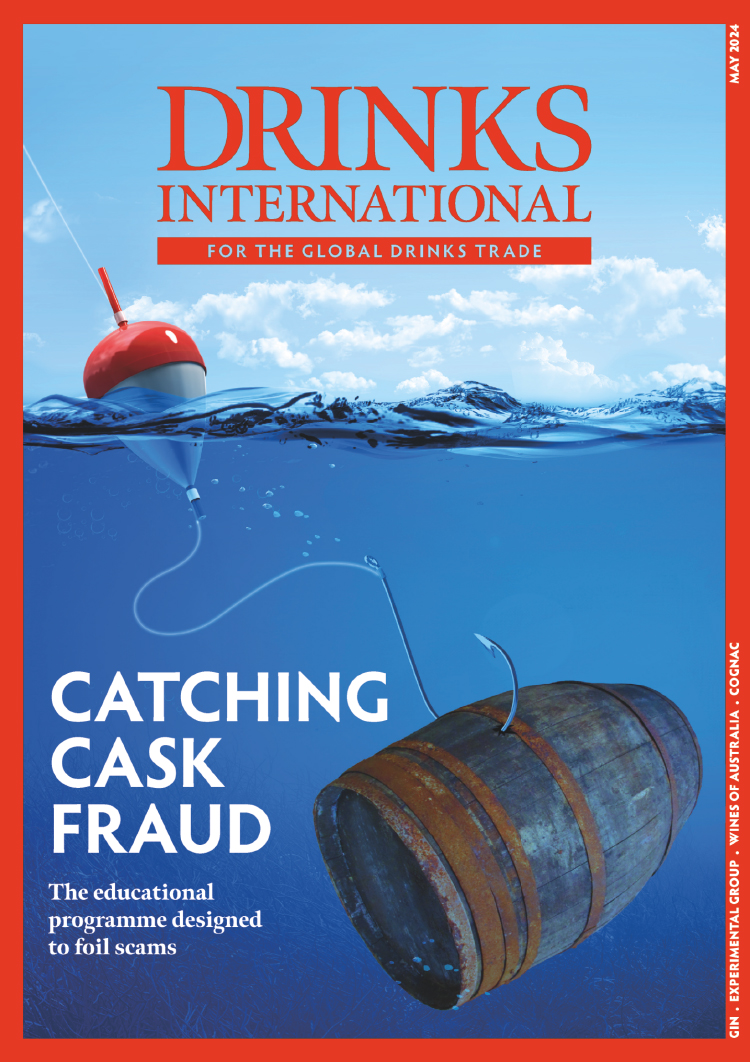____________________________________
AS CHALLENGES GO, it doesn’t get tougher than this one. Two thousand words on bitters. Two thousand. It’s like standing at one end of an Olympic rowing course and looking down to the finish line, which is a very long way away. After all, writing about bitters is a little like writing about bath plugs or plastic widgets, right?
UNLIKELY TOPIC
At least this was my thinking until I had a late-night conversation with a barman called Sean, somewhere in Dublin. It must have been playing on my mind because I had brought this most unlikeliest of topics up in conversation over a pint of Guinness or two.
“Until relatively recently you could have described bitters as the salt and pepper of the drinks world,” he
said. “You don’t actually need them but without them flavours are blander and less inspiring. They work in the background to enhance the flavour of the drink in a way that you don’t really notice them. But you know when they’re not there.
“But their role has changed as the surge in demand for exciting cocktails has grown. They have taken on a more significant position and have become a feature in their own right. They’re more like chilli sauce these days. You know how you get all these different bottles of chilli in the supermarket now? It’s like that. They come in lots of different strengths and styles and serve different purposes.”
TAKING CENTRE STAGE
Certainly they seem to increasingly be taking centre stage at the back of any self-respecting bar. There is an array of releases battling it out for bar space and the more serious bartenders have taken to making their own.
So what do we mean by bitters? Before you facetiously say “something that is bitter” and sit back with a smug smile on your face, that’s pretty much the right answer.
“According to specifications of the law, it is regulated that if you want to use the spirits category ‘bitter’ you have to have a prominently bitter taste,” says Dr Hubertine Underberg-Ruder president of the board of Underberg AG. “This means products as different as herbal digestives, herbal liqueurs, those type of products used in dashes in cocktails, or even the red coloured ingredients for aperitifs belong in this category.
“For our brand Underberg we even went a step further. The European Community classified this brand as a protected origin, Rheinberger Kräuter. This underlines the herbal (‘kräuter’ is German for ‘herbs) character.”
AROMATIC OILS
Stephan Berg of The Bitter Truth expands on the theme. “Bitters traditionally are composed of aromatic oils and essences from fruits, herbs, roots, barks, seeds, etc and an alcoholic base to create a bitter or bittersweet potion,” he says.
“They were originally developed as patent medicines, but now served as digestifs and cocktail flavourings. Bitters provide balance, flavour and complexity to mixed drinks and can be seen as the spice rack for the bar, like salt and pepper for chefs. The use of bitters defined the category of cocktails and bitters are the foundation of the cocktail craft. But the importance is not only from a nostalgic standpoint – drinks with bitters simply taste better than without.”




